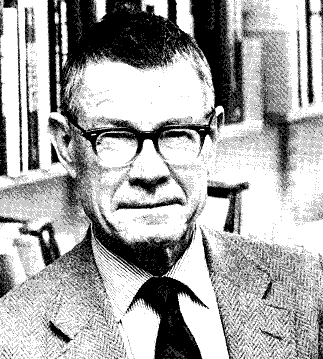Game Theorists win Economics Nobel
 Aumann (bearded); Schelling
Aumann (bearded); Schelling
Nobel Economics Prize
awarded to Game Theorists
STOCKHOLM, October 10 (Agence-France Presse) -- Robert J. Aumann, an Israeli-born US citizen, and American Thomas C. Schelling won the 2005 Nobel Economics Prize Monday for using Game Theory to explain conflict resolution, the Nobel jury said.
Using Game Theory -- interactive decision scenarios -- the laureates focused on why some people and countries manage to cooperate, while others suffer from conflict.
Their work has helped understand trade disputes, organised crime, political decisions and wage negotiations, as well as outright shooting wars.
In economics and business, it became clear why initially competing firms would eventually collude to fix prices or why farmers would share pastures or irrigation systems.
But they did not stop at economics, explaining phenomena from the audience's choice of seats at a concert to racial and sexual discrimination.
Schelling, now 84 and professor emeritus at the University of Maryland's College Park campus in suburban Washington DC, produced his main work during the Cold War which pitted the United States against the Soviet Union, using game theory methods to explain the era's most vital issues, global security and the arms race.
Having worked on the Marshall Plan -- the US postwar aid programme for battle-ruined Europe -- and at the White House in the 1950s, Schelling was well-placed to examine the rationale behind the superpowers' nuclear stand-off.
Aumann, who is 75 and worked at the Center for Rationality at Jerusalem's Hebrew University, went on to show that the choice for cooperation rather than war is more easily achieved in long-term relationships rather than single encounters.
He became the first to create analysis of 'infinitely repeated games,' which helped understand why some people or communities cooperate better than others over time, even though they were initially suspicious of one another.
Aumann, born in Frankfurt, Germany in 1930, fled with his family to New York in 1938 to escape Nazi persecution and later settled in Israel.
- 30 -


0 Comments:
Post a Comment
<< Home